Katherine P. Frank, Chancellor at University of Wisconsin-Stout | Official website
Katherine P. Frank, Chancellor at University of Wisconsin-Stout | Official website
With more than three decades of experience and two degrees from the University of Wisconsin-Stout, Zhawaanukwe Jodee Smith has taken on the roles of Chief Financial Officer and Dean of Career and Technology Education at Lac Courte Oreilles Ojibwe University. The university is located on the Lac Courte Oreilles reservation in north-central Wisconsin and serves three additional tribal communities.
Lac Courte Oreilles Ojibwe University’s mission focuses on providing post-secondary and continuing education to Anishinaabe communities while promoting Ojibwe language, culture, and history. As dean, Smith aims to give students practical education for technical careers and develop partnerships with local businesses to address workforce needs.
“I have been involved in many alternative training efforts to help individuals become industry-ready, from marketing a business to running daily operations. It is in my combined professional experience and UW-Stout education that readied me for this role,” Smith said.
Smith holds a B.S. in management and an M.S. in operations and supply management from UW-Stout. She started as Dean of CTE at Lac Courte Oreilles Ojibwe University in June 2024, after serving as interim CFO since February 2024. Her responsibilities include financial planning, budgeting, grant management, and overseeing the university’s financial health.
The university enrolls up to 400 students each year. It recently completed an 82-bed dormitory as part of a long-term facility plan that includes future projects such as new student housing, expanded family housing, a new CTE space, and larger nursing and EMT program areas.
“I’m very thankful for the opportunity to serve as interim CFO. More importantly, I’m able to use my skills to move the university forward,” Smith said.
Smith’s priorities as dean include supporting Indigenous values within education and addressing challenges faced by Native American students—such as mental health issues tied to historical trauma from Native American boarding schools.
“The history of Native American education is marked by trauma. The consequences of this traumatic experience persist today, affecting mental health, self-esteem and cultural identity,” Smith said.
From the late 19th century through much of the 20th century, many Native children were removed from their families for forced assimilation at boarding schools—a process that often involved punishment for speaking native languages or practicing traditional beliefs.
Smith identified several ongoing challenges: high dropout rates among Native American students due to lack of resources or support systems; low college enrollment linked to financial barriers; limited access to culturally relevant curricula; underrepresentation among faculty; stereotypes; prejudice; discrimination; and cultural disconnects within educational institutions.
“It’s essential to recognize and address these issues to create a more supportive and equitable educational environment for Native American students,” Smith said.
Smith began her undergraduate studies in engineering technology but paused her education when she donated a kidney to help a family member with serious illness. After returning home she resumed her studies at UW-Stout with encouragement from her son Dustin Morrow. She completed both undergraduate and graduate programs simultaneously with institutional support.
“After my family member was doing better, I decided to go back to school,” she said. “When I called UW-Stout and discussed my situation, I was told that I could switch my degree to the management program and work under the dual program to achieve my master’s.”
“I felt heard and seen. I began my master’s program while I was completing my undergrad studies. It was a huge relief and a seamless transition into my master’s program.”
She credits her son Dustin for encouraging her return: “Dustin was instrumental in getting me to take the steps to contact and finish my degrees. Without his unwavering support, I don’t know if I would have,” she said.
Her capstone project focused on supply chain infrastructure among tribal nations—research conducted with guidance from M.S. OSM Program Director Eli Aba—and aimed at building supply chain capacities across tribes.
Smith also draws inspiration from her grandparents Henry (a former Tribal Chairman) and Agnes Smith (who took college courses at age 70), along with her father Don (a longtime LCO health director). She cites their commitment to lifelong learning: “They taught me that we are made up of our mind, body, spirit and heart...”
Agnes’ perspective influenced Smith: “‘We should never stop learning... even if we learned everything that we were presented with...that would be less than a grain of salt compared to what is out there,’” Smith recalled her grandmother saying.
Before joining LCOOU, Smith taught emergency medical response courses at Wisconsin Indianhead Technical College-Rice Lake; worked in business personnel training; served as a certified business plan writer for Wisconsin Department of Commerce; founded Spirit Winds Consulting LLC (a Minority Business Enterprise); and helped launch other MBEs through consulting services involving research development, marketing strategies, finance opportunities, among others.
UW-Stout offers its M.S. operations and supply management program both on campus and online through its operations & management department—which also features graduate programs in construction management; risk control & safety management; sustainable management; plus training & talent development.
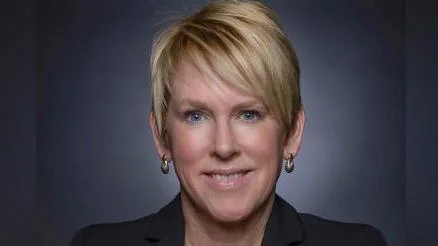
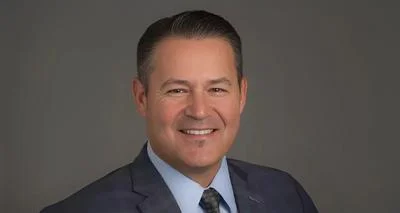
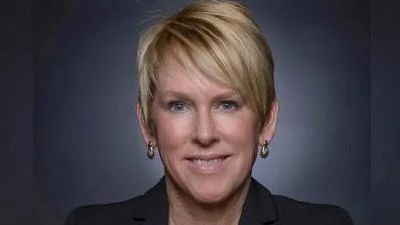
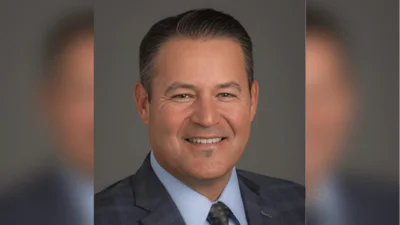
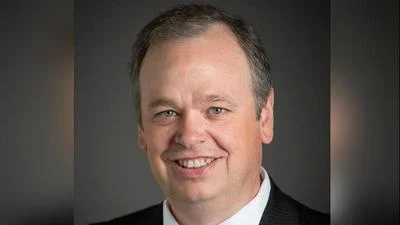
 Alerts Sign-up
Alerts Sign-up